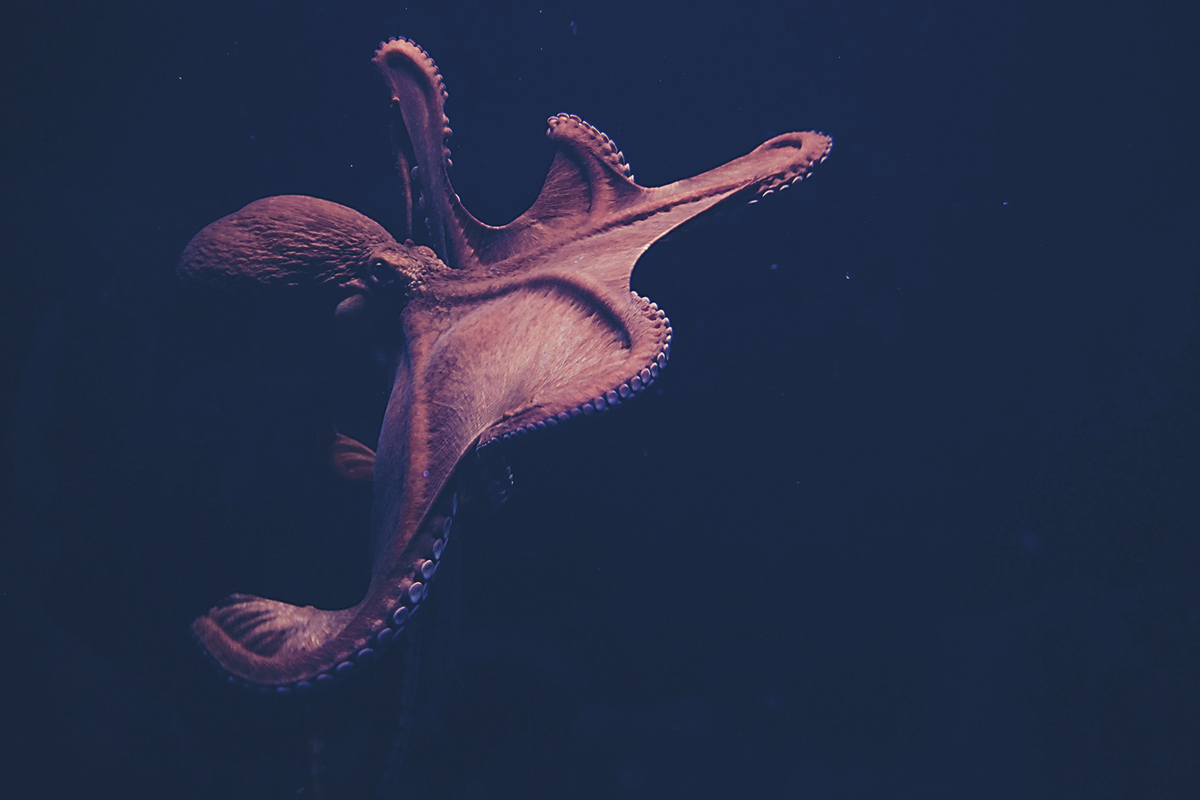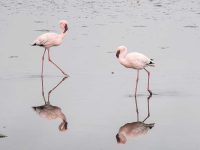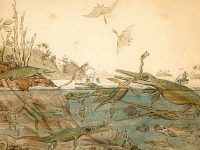
Understanding what separates us from the rest of the animal kingdom is an old obsession of ours. The most frequent attribute we rely on to justify our supposed superiority is intelligence. Perhaps our greatest virtue, our wit has indeed led us to explore the galaxy, to start unravelling the secrets of life or to compose the ninth symphony. Yet, how are we to compare the intelligence of species as different as humans, octopi or dolphins? Generations of ethologists have faced this question with unwavering determination, but we are unfortunately still far from being able to elaborate a tree of life of animal intelligence.
A shortcut that we have frequently attempted to tackle this questions has been the comparative study of brain size. The rationale is as simple as sensible. If the brain is the organ of intelligence, it follows that the largest the brain for a given body size, the most intelligent the organism. We must correct for body size because larger bodies have more cells to map and coordinate, and thus require bigger bodies. A blue whale’s skull houses a brain five times larger than ours, but considerably smaller relative to its humongous body. With this correction in place, we in fact have the largest brain among extant mammals (Neanderthals had relatively larger brains), and mammals generally showcase the largest brains among animals. Conveniently for our egos, this finding has inconveniently perpetuated the idea that intelligence has progressed linearly from invertebrates to vertebrates and, among the latter, from fish to amphibians, reptiles, birds and, finally, mammals. Anthropoid primates, with humans sitting comfortably on top, would in this view be the culmination of an ever-ascending climb in the ladder of intelligence. A notion as intuitive as false.
«How are we to compare the intelligence of species as different as humans, octopi or dolphin?»
To begin with, the correct way to envisage evolutions is certainly not as an ascending process, but as a series of branching lineages that constantly divide and diverge in different directions. The complexity of organisms has indeed tended to increase over evolutionary time, for the obvious reason than life can only begin in the simplest of forms, and complex designs can only follow simpler ones. This, however, does not mean than any given phenotypic trait increases linearly across newer taxonomic lineages. Evolution explains the diversity of species in this planet, but does not order them along an incremental scale according to their intelligence (or any other phenotypic trait). Second, the brain-to-body mass of species critically depends on how its body has evolved. Birds took flight and conquered the skies thanks to the evolution of extraordinarily light bodies, while many reptiles thrived thanks to heavy bodily structures such as massive tails or dense carapaces. Ignoring these structures results in gross biases in our estimation of brain size. Finally, the computational power of a brain does not only depend on its size, but also on neuronal density and interconnectedness. Bird brains, contrary to common lore, hold up to double the amount of neurons per gram than mammal brains, a difference that is even more marked if we focus on the telencephalon, the part of the brain in charge of higher cognitive functions. A macaw, for example, has more neurons in its telencephalon than a macaque monkey, despite having a significantly smaller brain and body.
We have come to understand that octopi surpass many (perhaps most) vertebrates in intelligence, that reptiles have cognitive abilities as sophisticated as the average mammal, or that the wit of many species of corvids and parrots is at par to that of our closest cousins, the chimpanzees. Evolution is not a directional ascending process and intelligence is not an exception to this. We still ignore how and why highly intelligent species have evolved in such diverse and distant branches of the tree of life, one of biology’s great enigmas. We do know, at least, that intelligence is not something than can be easily weighted.





